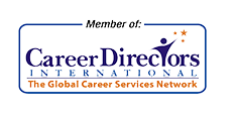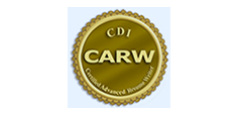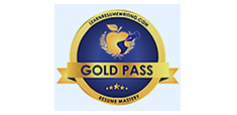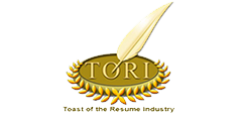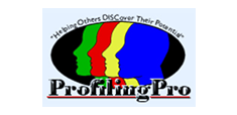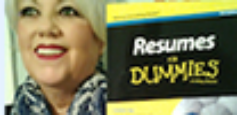I have been writing resumes off and on for over 30 years and have seen many changes during that time. Today’s professionally written resumes are job marketing documents that incorporate the use of marketing and professional writing techniques. Resumes should be written to meet the needs of prospective employers. Have you wondered, “Is my resume outdated?”
If you have not updated your resume in more than 5, 10, 20, 30 years – trust me, it likely needs a radical overhaul. Every week, I see a resume that contains information that is irrelevant, outdated, or a total waste of valuable resume real estate space. This is part one of a four-part series that tackles the myths and faux pas of resume writing for today’s technologically advanced job market.
Read through this short list and answer true or false to each statement.
- The purpose of a resume is to get you a job.
- Always include all of your education, the more you know the better.
- Never put an objective statement on your resume.
Now that you’ve answered these questions, let’s see if they are “really” true or false.
1. The purpose of a resume is to get you a job – FALSE
This is clearly untrue. The purpose of a resume is to get you an INTERVIEW! Your resume must provide the information that prospective employers want to see because you only have 10 to 30 seconds to grab their attention. You must get this information across quickly and with dynamic phrasing that grabs their attention, and gives them the desire to read more and to call you to schedule an interview. Put the most important information right where hiring managers will see it first!
2. Always include all of your education, the more you know the better – FALSE
This statement is “false”. Everything that you put on a resume should be relevant to the specific job for which you want to apply. If you graduated from high school or college Magna Cum Laude 15+ years ago, no one cares. If you took a college level floral arranging course but are applying for an accounting job with a publishing company; that information is irrelevant. However, if you are applying for a position as an accountant in a floral business, it may be a good thing to include. That decision would depend on what other relevant information you have that could be incorporated into your resume. Always keep it relevant!
3. Never put an objective statement on your resume – Could be BOTH, TRUE or FALSE.
The answer to this statement could be true or false, it all depends on what you mean by an “objective statement”. All resumes should have an objective, a purpose or target tied to a specific job title such as; receptionist, sales manager or dental hygienist. This objective or target should be prominently positioned near the top of the resume where it is clearly visible and clearly states the job title you are applying for such as; Receptionist | Administrative Assistant.
However, if you are using one of the tired, old, self-centered objective statements that were popular in the eighties–it’s got to GO! Phrases similar to the following example are what I referred to, above. “I am seeking a position that will utilize my skills and experience in a position that will give me the opportunity to grow and develop within a stable company.” Prospective employers do not want to know what you want in a job; they want to know if what you have to offer can make their business better, make them more money or save them money. Give them the WIIFT factor – Tell them what’s in it for them!
So how did you do? If you got them all correct then you are staying on top of today’s resume writing trends. If you missed one or more, it would benefit you to learn more about how to write a resume to get the attention of hiring managers so they will offer you an opportunity to interview with them.
Are you struggling with updating or writing your resume? Contact me today so I can write your resume and cover letter for you! Be on the lookout for the next installment to this resume writing series where I’ll tackle three more resume myths and answer the question, “Is my resume outdated?”
